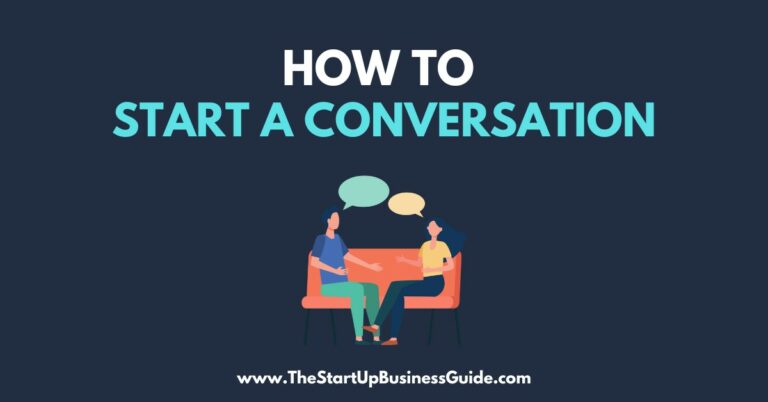How to Build Confidence

Confidence is a crucial aspect of personal and professional development.
It is the foundation of leadership, decision making, and effective communication.
Without confidence, it can be challenging to achieve your goals and reach your full potential.
In this article, we will discuss the importance of confidence and provide a comprehensive guide for building and maintaining it.
Identifying and Challenging Negative Thoughts
Negative thoughts can have a detrimental effect on confidence.
They can cause self-doubt, fear, and anxiety, which can prevent us from taking action and achieving our goals.
To overcome these negative thoughts, it is essential to identify them and challenge them.
One of the best ways to do this is through journaling.
By writing down your thoughts, you can gain insight into the patterns of negative thinking that may be holding you back.
Paying attention to your self-talk is another important step in identifying negative thoughts.
Challenging and reframing negative thoughts can be done by questioning the evidence, and considering alternative perspectives.
For example, if you tell yourself “I’m not good enough,” ask yourself what evidence do you have to support that statement?
Or you can try to consider alternative perspectives, maybe someone else might see you differently.
Setting and Achieving Small Goals
Setting and achieving small goals is an essential part of building confidence.
When we set and achieve goals, we experience a sense of accomplishment, which can boost our confidence.
To set realistic and achievable goals, it is important to be specific, measurable, and set a deadline.
Tracking progress and celebrating small wins is also crucial to building confidence.
By keeping track of your progress, you can see how far you have come and celebrate your accomplishments.
Building a Supportive Network
Having a supportive network is crucial for building confidence.
Positive relationships with family, friends, and colleagues can provide a sense of belonging and validation, which can boost confidence.
Building and maintaining positive relationships can be done by being a good listener, being open to feedback, and being willing to help others.
Seeking out mentorship and guidance from trusted individuals can also be beneficial.
Practicing Self-Care
Self-care is an essential aspect of building and maintaining confidence.
Taking care of our physical, emotional, and mental well-being can promote self-awareness and self-esteem, which are essential for confidence.
To incorporate self-care practices into your daily routine, you can start by setting aside time for exercise, meditation, or journaling.
It’s also important to prioritize self-care and set boundaries to protect your time and energy.
Conclusion
In conclusion, confidence is a crucial aspect of personal and professional development.
By identifying and challenging negative thoughts, setting and achieving small goals, building a supportive network, and practicing self-care, you can build and maintain confidence.
Remember that building confidence is a process and may take time and effort, but it is worth it in the long run.
You have to be patient with yourself and don’t give up.
Keep working on yourself and you will see the results.






